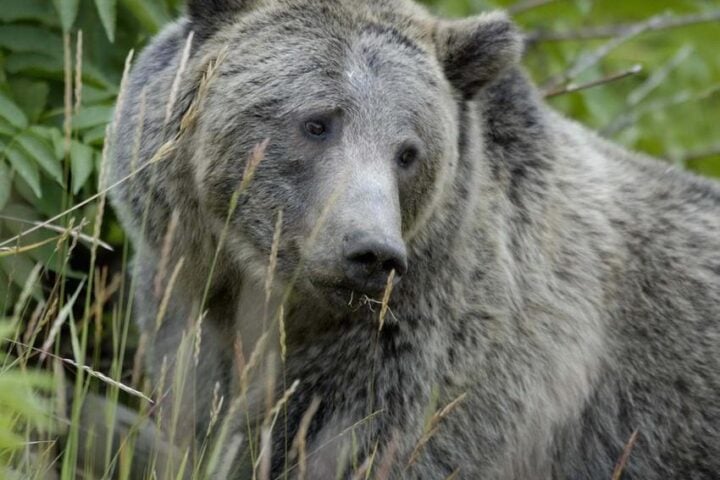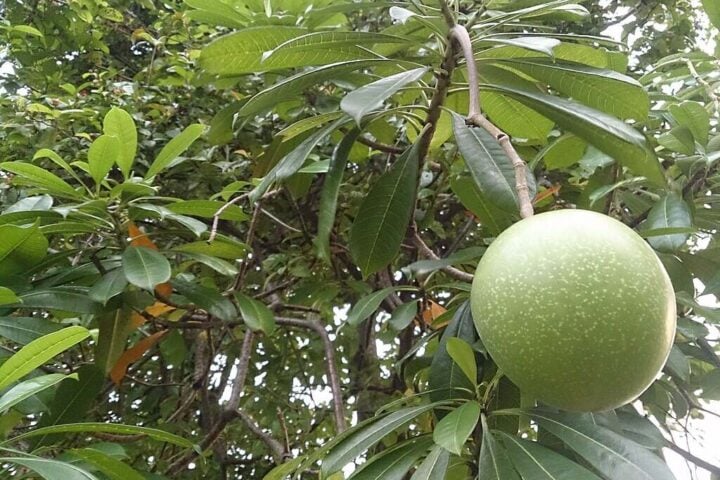A female giant panda, Ya Ya, at the Memphis Zoo in Tennessee, USA, has been the subject of grave concern for Chinese netizens as the recent video shows her poor condition. Two Beijing Zoo specialists, where Ya Ya was initially born, have swiftly arrived in the US to take care of her. They are veterinarians who specialize in panda breeding, and have useful experience raising and treating giant pandas in captivity. The Chinese Association of Zoological Gardens has sent experts to the US to investigate her condition and work with US partners to prepare for her return.
Ya Ya has been in captivity at the Memphis Zoo for about 20 years, together with Lor Lo, a male panda who died recently. The zoo had initially planned to send Ya Ya to China last December. An animal welfare organization that monitors the zoo, in Defense of Animals, believes that Ya Ya is malnourished and shows signs of diarrhea, skin disease, and zoochosis, which is a condition animals in captivity exhibit with abnormal behavior due to mental stress. The organization petitioned to garner support so that the zoo would provide better quality bamboo and bamboo shoots, but they have not responded yet.
- MTA Boosts Service on 16 NYC Bus Routes Starting June 29, 2025
- Brits Track Finances, Weather and TV More Than Cancer Symptoms, NHS Warns
- Ford Recalls 148,000 Vehicles for Brake Fluid Leak and PCM Software Glitch
- Brook Floater Mussel Faces 95% Decline as Lawsuit Revives 15-Year Fight for Endangered Species Protection
- James Webb Identifies Unusual DMS Concentrations on K2-18b, Raising Life Possibility
Ya Ya will return to China after her contract ends on April 7, first to Shanghai, where she will quarantine for a month before moving to a new habitat being constructed for her by the Beijing Zoo. Pictures and videos of Ya Ya’s dreaded appearance continue to concern the Chinese diaspora and netizens. They have launched a “campaign” to have a thorough checkup on all pandas in overseas zoos. Ya Ya’s health brings attention to the challenges of keeping giant pandas and other species in captivity and the need for special care and attention to their physical and mental health.
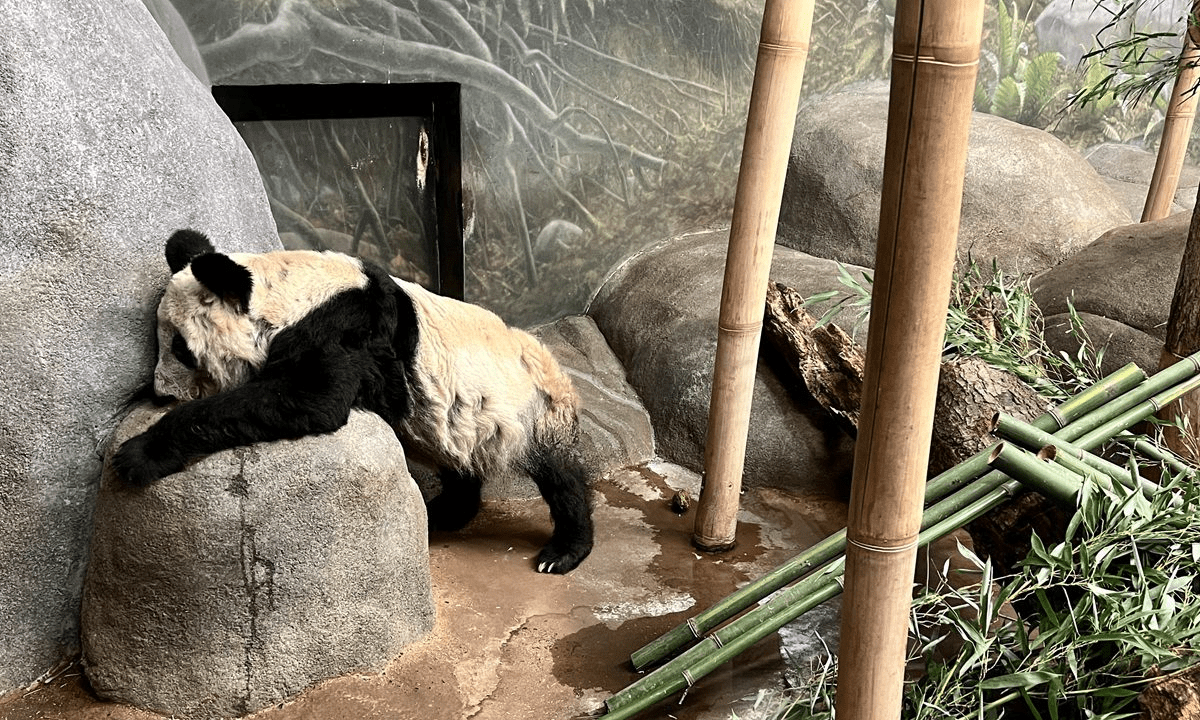


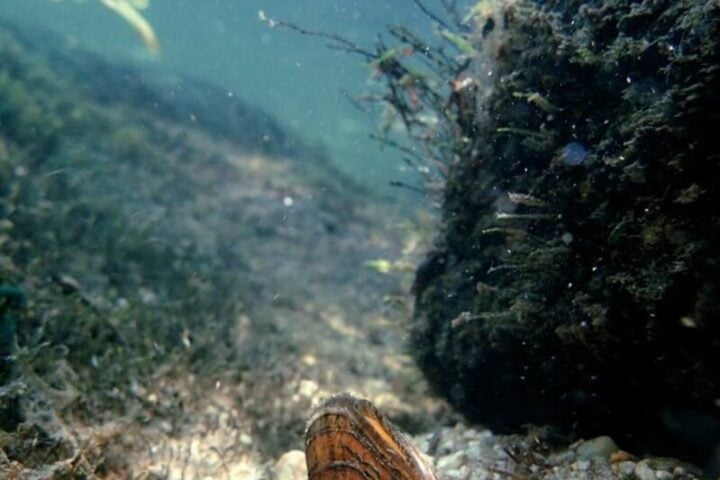
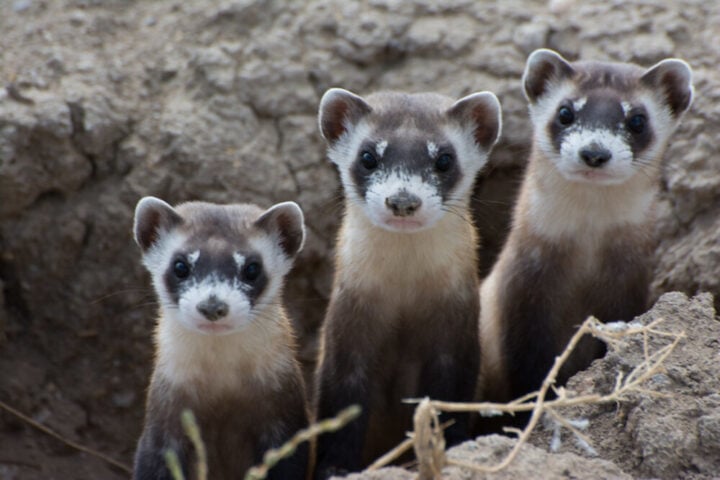


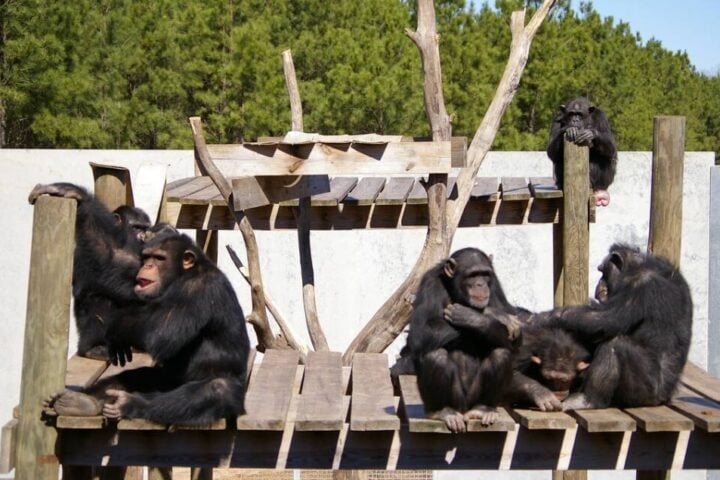
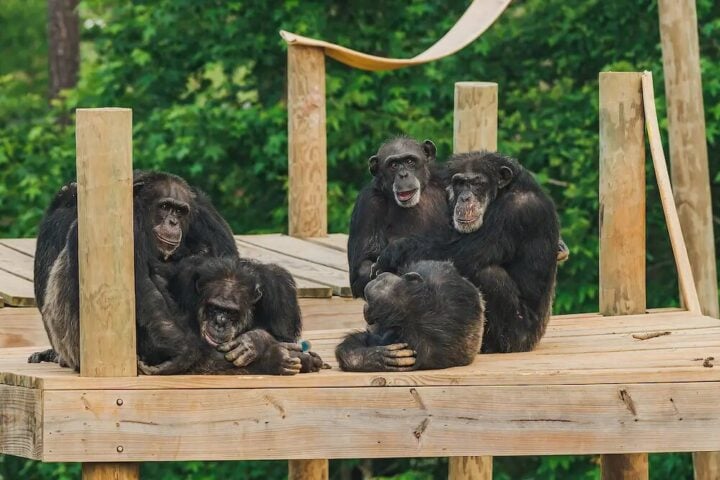

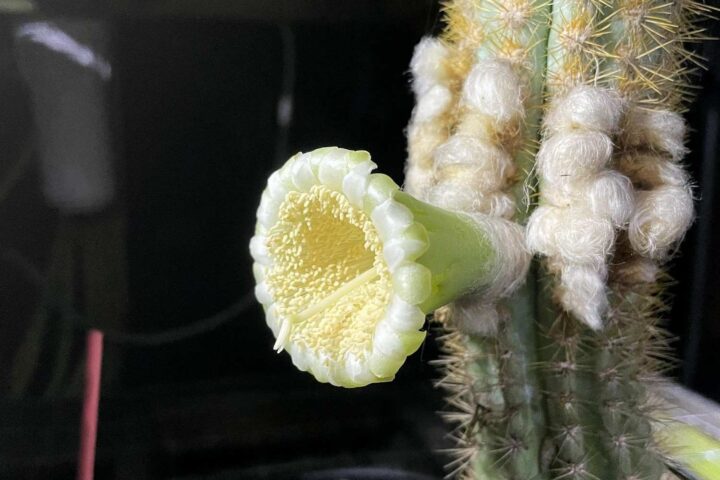
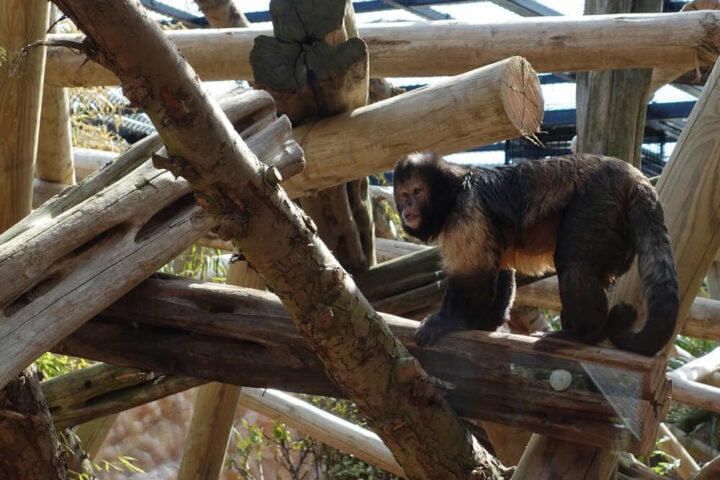


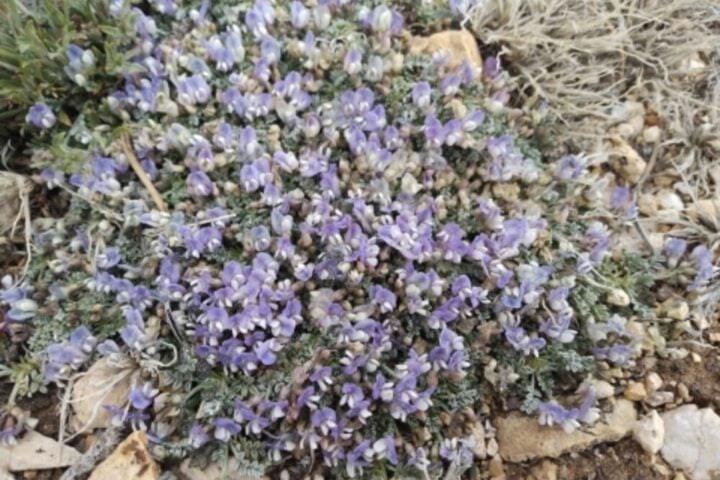
![Representative Image: European Starling [49/366]. Photo Source: Tim Sackton (CC BY-SA 2.0)](https://www.karmactive.com/wp-content/uploads/2025/04/Starlings-Drop-82-in-UK-Gardens-as-Birdwatch-2025-Reveals-Record-Low-Count-Since-1979-720x480.jpg)
